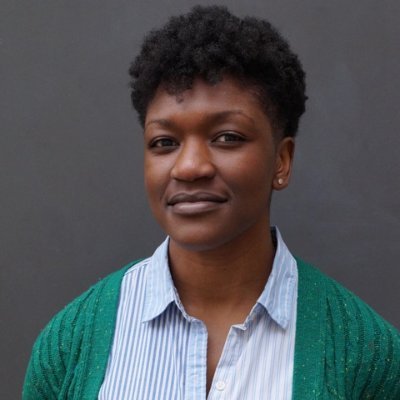Racing Climate Change

Wednesday 20 October 2021, 2.00PM to 3:00 PM
Speaker(s): Dr Ariadne Collins
Research on the overlap between race and vulnerability to the physical and governance-related aspects of climate change is often globally scaled, based on extended temporalities and colour-coded with non-white populations recognized as being at greater risk of experiencing the adverse effects of climate change.
Dr Ariadne Collins will discuss her recent paper showing how de-centring whiteness from its position as an automatic, oppositional counterpart to blackness can make space for greater recognition of the role played by the environment in processes of racialization. De-centring whiteness in this way would form a valuable step towards recognizing how race, constructed in part through shifting relations between people and the environment, overlaps with climate vulnerability within multiracial populations.
Without discounting the value of global, colour-coded interpretations of race, she aims to point out the limits of their applicability to understandings of how climate change is unfolding in Guyana and Suriname, two multiracial Caribbean countries. Furthermore, Dr Collins intends to argue that in the post-colonial period, relations with the environment take historical constructions of race forward in ways that undergird the impacts of climate change. Even further, she will highlight show how the environment has always played a key, underacknowledged role in processes of racialization, complicating colour-coded interpretations of race, whether global or local.
Please note that this webinar will be delivered using Zoom Webinar facility. No prior purchasing of software is necessary but registration is required. While the event may be recorded we will not record your voice or image. Please note that during the session, your name and email address (as entered at the registration stage) may be visible to other participants. If you have any questions, please contact igdc

About the speaker:
Dr Ariadne Collins is a Lecturer in the School of International Relations at the University of St Andrews. Her work lies at the intersection of climate change governance, environmental policy and international development. More specifically, she analyzes the interplay between market-based conservation and post-colonial development. Her work features an emphasis on processes of racialization and histories of colonialism and their challenge to the successful enactment of forest governance policies in the Global South.
She was awarded her PhD from Central European University in Budapest, Hungary in May, 2017. She holds a Masters in Research from the University of Westminster, London and a Bachelors from the University of Guyana. Prior to joining the University of St. Andrews, she was a Postdoctoral Research Fellow at the Institute for Cultural Inquiry in Berlin. She was also a visiting researcher at the Centre for Space, Place and Society at Wageningen University, the Netherlands.
Location: Online event
Admission: Free, all welcome
